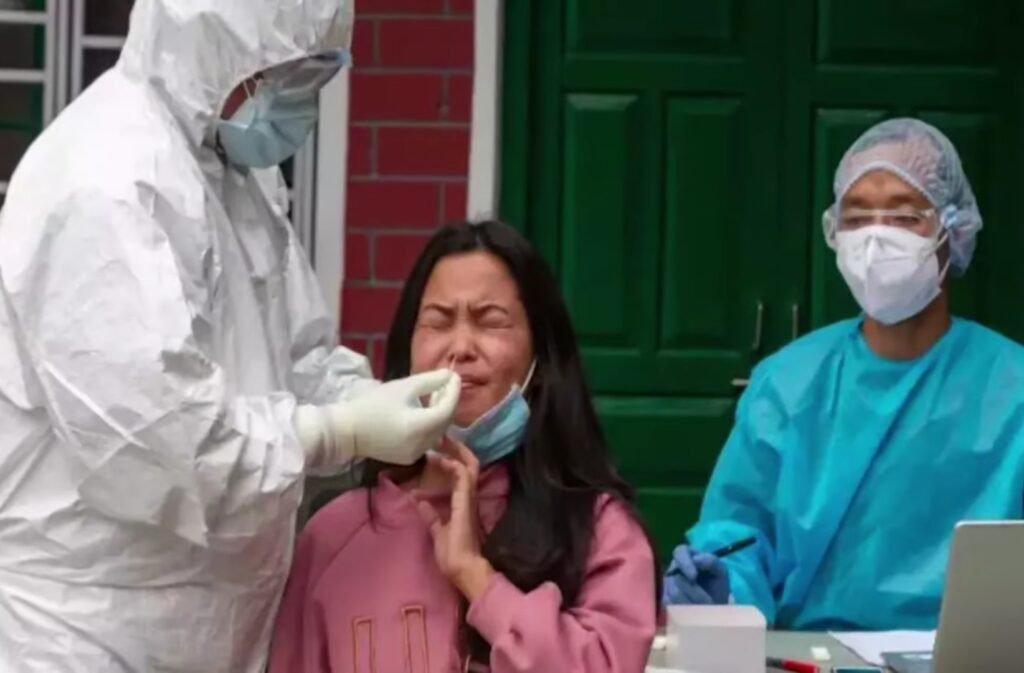The new variant of COVID-19, JN.1, has become a concern for health experts around the world. This variant, which was first reported in the United States in September 2023, is thought to be more contagious than previous variants, but less severe.

JN.1 is a sublineage of the Omicron variant BA.2.86. This variant has several mutations in the protein, which is the part of the virus that allows it to attach to human cells. These mutations are believed to make JN.1 more contagious.
However, initial research suggests that JN.1 does not cause more severe symptoms than other Omicron variants. A study published in the journal Nature Medicine found that JN.1 had no greater risk of causing hospitalization or death than BA.2.
Nonetheless, it is important to note that research on JN.1 is still in its early stages. Further research is still needed to fully understand the risks and impacts of this variant.
Possible risk JN.1
Although early research suggests that JN.1 does not cause more severe symptoms than other Omicron variants, there are some possible risks to be aware of.
First, JN.1 may be more transmissible than other Omicron variants. This can cause an increase in COVID-19 cases, even in people who have reached their peak and are being boosted.
Read More: Barry Keoghan Explains ‘Hesitancy’ While Filming Nude Scenes
Second, JN.1 may be able to evade the protection conferred by vaccination and previous infection. This could lead to an increase in COVID-19 cases in people previously thought to be immune to the virus.
Third, JN.1 may cause more severe complications in people at high risk, such as the elderly and people with chronic medical conditions.
Preventive measure
Despite the risks JN.1 may pose, it is important to still follow recommended COVID-19 precautions, such as:
| 1. Get your COVID-19 vaccination and booster. |
| 2. Wear a mask in crowded public places. |
| 3. Maintain physical distance from other people. |
| 4. Wash your hands as often as possible. |
These precautions can help protect you from COVID-19, including from the JN.1 variant.